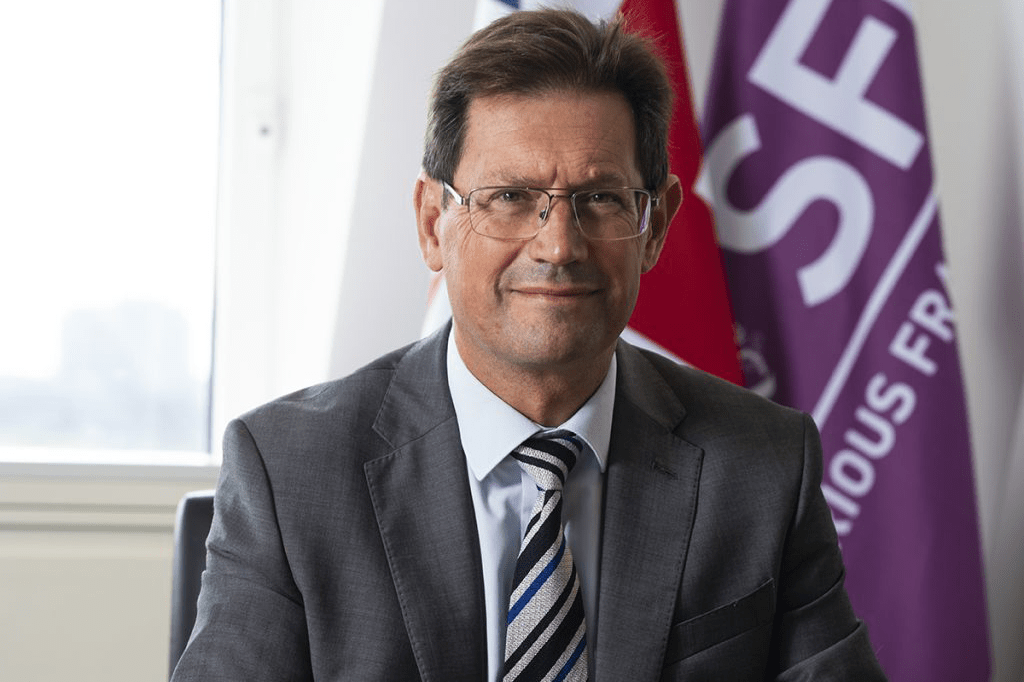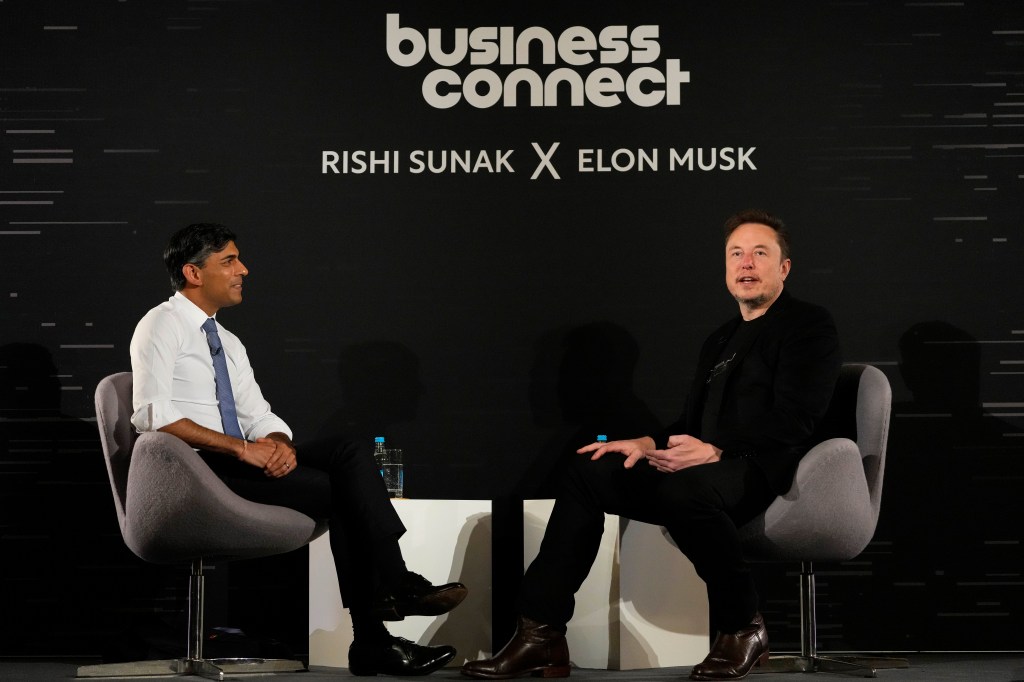Last week’s AI Safety Summit brought together 150 top level government and industry representatives. It was essentially a bold diplomatic and PR move, resulting in the Bletchley Declaration, signed by China, the US, the EU, and other major powers.
The stated aim of the gathering was collaboration and ensuring the safe
Register for free to keep reading
To continue reading this article and unlock full access to GRIP, register now. You’ll enjoy free access to all content until our subscription service launches in early 2026.
- Unlimited access to industry insights
- Stay on top of key rules and regulatory changes with our Rules Navigator
- Ad-free experience with no distractions
- Regular podcasts from trusted external experts
- Fresh compliance and regulatory content every day













